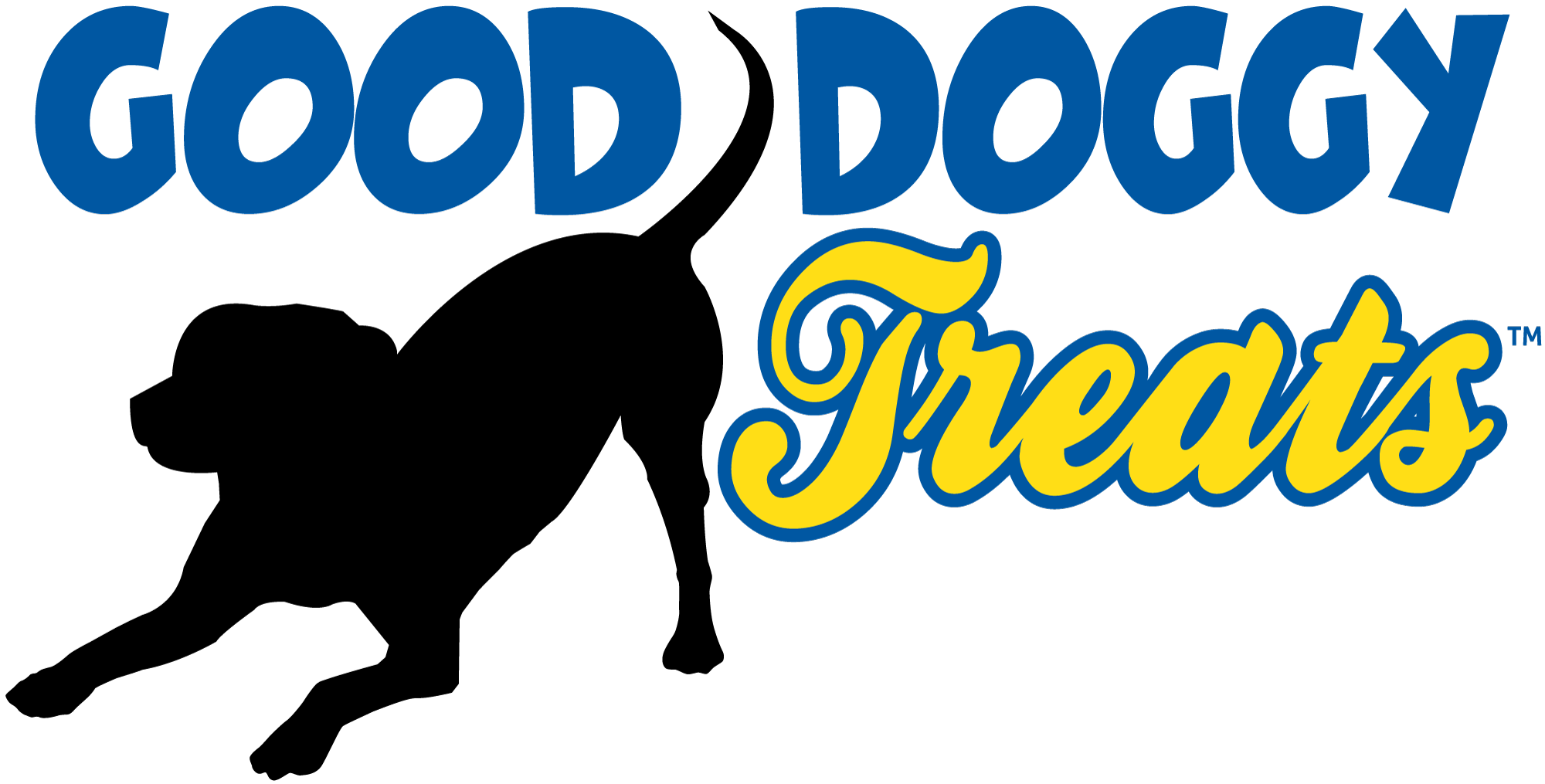
Meet the Good Doggy Treats Team
Good Doggy Treats is a company that focuses on providing the best all-natural treats for dogs. We love our pets and want to feed them what is best for them.
We started this company because we couldn't find any dog treats that were all natural and at an affordable price!
Our treats have only ONE ingredient and that is 100% Grade A chicken breast!
Dogs LOVE our treats. We slice the treats up extra thin to accommodate dogs of all shapes and sizes as well as making it easier to digest and chew for older dogs.
All of our competitors add harsh chemicals and bad ingredients that have profound effects on your pet's health. Be rest assured that you have nothing to worry when buying Good Doggy Treats. We love your dogs like we love ours.
Good Doggy Treats are 100% Grade A chicken breast. Made in the United States of America. And run by our family and friends.
